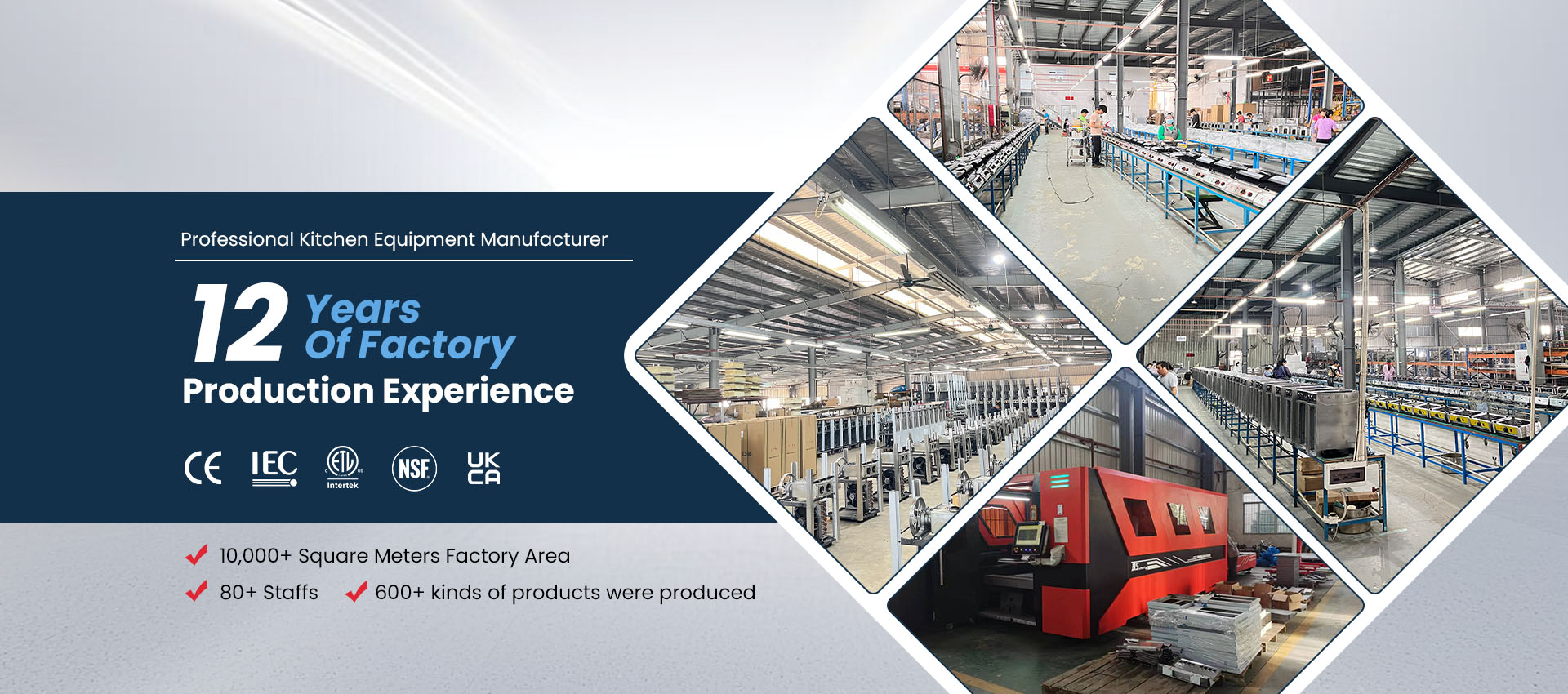How To Build A Gas Griddle
A Gas Griddle is a flat cooking surface heated by gas burners, perfect for making everything from pancakes and eggs to burgers, steaks, and stir-fry. While you can buy a ready-made model, some cooking enthusiasts and professionals prefer to build their own gas griddle to customize the size, materials, and performance.
Step 1: Plan Your Gas Griddle
Before you begin, decide on the design and purpose:
Size: Will it be a tabletop model for home use or a large outdoor unit?
Cooking Surface: Common sizes range from 18 to 36 inches wide.
Fuel Source: Natural gas or propane.
Portability: Do you want it built into an outdoor kitchen or as a standalone portable griddle?
Step 2: Materials and Tools You’ll Need
Materials
Cooking Plate: 3/16" to 1/4" thick mild steel or stainless steel sheet (steel retains heat best).
Burners: Stainless steel or cast iron gas burners.
Gas Regulator and Hose: To connect to propane or natural gas.
Frame/Body: Steel angle iron or square tubing for durability.
Grease Management System: A drip tray or grease trough.
Heat Shields/Deflectors: To distribute heat evenly across the griddle plate.
Control Knobs and Valves: To regulate the burners.
Tools
Welding machine (for steel frame)
Drill and metal bits
Grinder or metal saw
Wrenches and screwdrivers
Measuring tape and marker
Heat-resistant paint (optional, for finishing frame)
Step 3: Build the Frame
Measure and Cut Steel: Cut angle iron or square tubing to the size of your desired griddle base.
Weld the Frame: Weld into a rectangular frame sturdy enough to support the steel plate.
Add Legs or Support: For a freestanding unit, weld legs with cross braces. For a tabletop version, create short support brackets.
Install Burner Brackets: Add cross supports underneath the frame to hold gas burners securely.
Step 4: Prepare the Cooking Plate
Cut the Steel Plate: Match the size of the frame.
Polish and Season: Sand down rough edges and surface rust. Season the steel plate with oil by heating it (similar to cast iron).
Drill Drain Hole: Create a small hole at one corner for grease drainage into a drip tray.
Step 5: Install the Burners
Mount Burners: Attach burners evenly spaced under the griddle surface.
Install Heat Deflectors: Place metal shields between burners and the cooking plate to distribute heat.
Gas Line Connection: Connect burners to a manifold, then to the gas regulator and hose.
Control Valves and Knobs: Secure knobs to regulate flame levels.
Step 6: Assemble Grease Management
Position a grease trough at the front or side of the griddle.
Place a drip tray below the drain hole to collect grease for easy cleaning.
Step 7: Test the Griddle
Leak Test: Apply soapy water to all gas connections and check for bubbles before lighting.
Ignite Burners: Turn on gas and ignite burners. Adjust knobs to control flame size.
Heat Distribution Test: Let the griddle heat for 10–15 minutes and check for even heat. Adjust deflectors if necessary.
Step 8: Season and Cook
Apply a thin layer of high-smoke-point oil (canola or avocado oil).
Heat until the oil smokes slightly, then cool. Repeat 2–3 times to build a protective layer.
Your homemade gas griddle is now ready for cooking.
Safety Tips
Always build in a well-ventilated area.
Use materials rated for high heat.
Perform regular leak checks on gas fittings.
Never use the griddle indoors without proper ventilation.
If unsure about gas connections, consult a professional plumber or gas technician.
Conclusion
Building a gas griddle requires planning, metalworking skills, and knowledge of safe gas connections. By creating a sturdy frame, installing burners, attaching a steel cooking plate, and adding grease management, you can build a durable and custom griddle that rivals commercial models. With proper care and seasoning, it will deliver years of versatile cooking performance.
Previous: How To Cook Salmon on Gas Griddle



